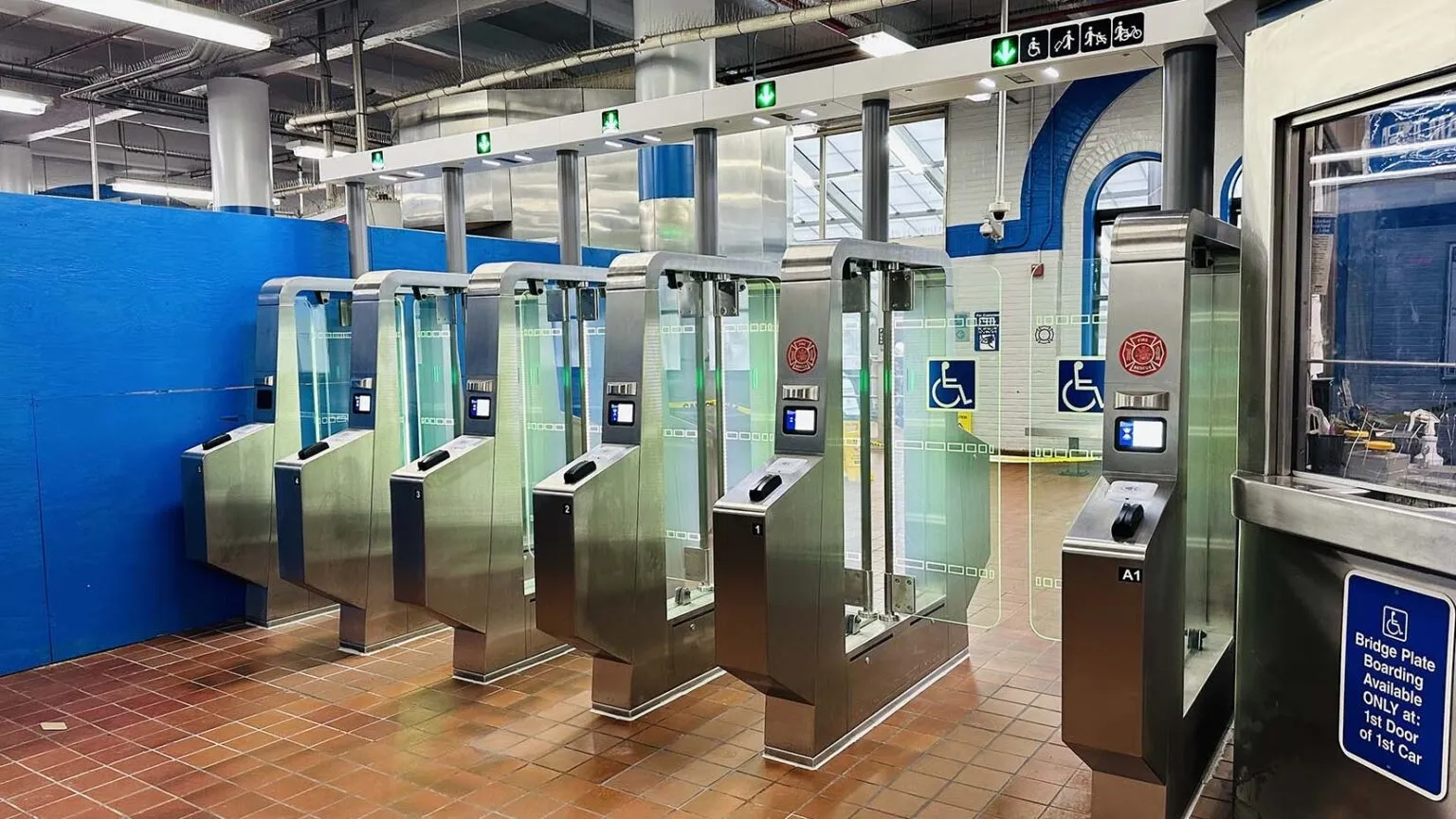
Transportation group First Transit has entered its first partnership with a Mobility as a Service (MaaS) provider.
The deal will bring Moovit’s MaaS solutions to First's operations in the US and Canada via First's new app called Jaunt.
Known primarily as a bus operator, First says it is the largest private-sector provider of mobility solutions in North America, and moves more than 300 million passengers annually.
Jaunt offers users real-time data, route planning and payment for multiple mobility services including bus, train, subway, ride-hailing, car-sharing, bikes and scooters.
First says the partnership will help transit agencies and operators improve urban mobility, reduce congestion and grow ridership.
Moovit co-founder Nir Erez says: “The integration of Moovit’s MaaS solutions with First Transit innovations will offer millions of riders a safer and more efficient journey experience."
First president Brad Thomas says: “First Transit’s partnership with Moovit gives passengers complete flexibility to plan and pay for their trip across multiple transportation platforms, all through one app and one combined payment.”
First's new MaaS capabilities will provide transit services for multi-passenger or pooled shuttles or vans to provide on-demand or fixed-schedule services, the company adds.
Last month, Moovit made a deal with Huawei to make its app available on the Chinese telecoms group’s own app store.










